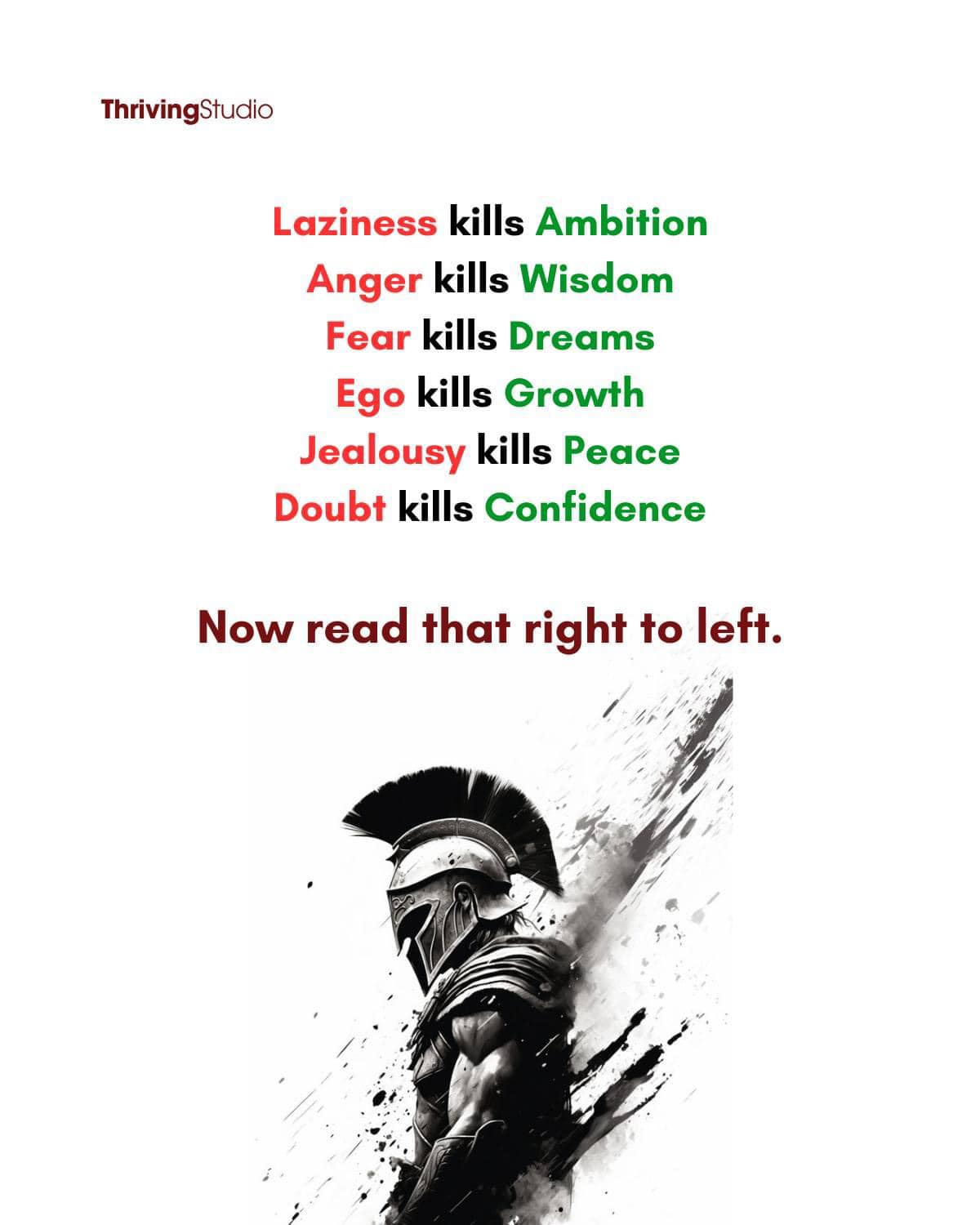growth
25 things about life.
25 THINGS ABOUT LIFE I WISH I HAD KNOWN 10 YEARS AGO
Belive in yourself
These are few of the things to take away from the book , believe in yourself.
Emotional maturity vs immaturity.
![]()
What Does It Mean To Be a Highly Sensitive Person (HSP)?
Research predicts that nearly 20% of the global population is a highly sensitive person (HSP).1 The term was coined by psychologists Elaine Aron and Arthur Aron to describe people with sensory processing sensitivity (SPS). People with SPS have increased sensitivity to sensory information in their environment, making them more aware of stimuli (or, things that stimulate or trigger your senses) such as sound, movement, and the emotions of others.2
Don’t create chaos for others

Getting closer in marriage
7 lessons from “Loving Your Spouse When You Feel Like Walking Away: Real Help for Desperate Hearts in Difficult Marriages” by Gary Chapman
The mobile S-curve ends, and the AI S-curve begins
There’s never been a bigger contrast between mobile and AI — it’s the end of one technology curve, and the start of the other. It’s been 15 years since the App Store was launched; while the generative AI revolution started merely 18 months ago. Mobile is now dominated by a duopoly of two giants, administering a collection of <100 apps that never seem to leave the charts (and a long tail that doesn’t matter much). This duopoly’s only true opponents are world governments. The brand new AI ecosystem, on the other hand, is in a state of utter chaos with new startups, technologies, and papers launched every week. One generative AI startup looks to be in the lead one week, and a few weeks later, their entire approach is in crisis — just look at AI video, recently! New approaches like open source, new types of hardware, regulation, and much more threaten to upend the stack rank every few quarters — isn’t that existing!?
Growth mindset in kids, how to praise
The research paper I'd like to discuss briefly is a paper from Dr. Carol Dweck and her colleague, Claudia Mueller. The title of the paper is "Praise for intelligence can undermine children's motivation and performance." It might be surprising that praise for intelligence can undermine motivation and performance. Many people probably believe that genuine feedback about being good at something would improve performance and motivation. However, research suggests otherwise.
The study conducted by Dweck and Mueller involved over a hundred children who were given either intelligence-based feedback or effort-based feedback, or were part of a control group. Intelligence feedback focused on labels like "smart" or "talented," while effort feedback was tied to actions and choices. The study found that children who received intelligence-based feedback tended to choose easier tasks to maintain praise, while those who received effort-based feedback were more likely to tackle more challenging problems.
In both cases, these children are essentially attached to the praise. But in the case of intelligence feedback, the kids are really just trying to reinforce being told that they're smart or talented, as opposed to reinforcing the engagement in the activity that got them the praise
This indicates that praising intelligence may lead children to seek easy tasks to maintain their perceived intelligence, while praising effort encourages them to take on challenges and improve. The study also found that performance decreased for children praised for intelligence but increased for those praised for effort.This highlights the importance of feedback in shaping behavior, and suggests that praising effort rather than intelligence is more effective in improving performance. It's crucial for parents and teachers to be mindful of the type of feedback they give to children, as it can have a significant impact on their motivation and performance. Sample effective effort based praise: hey, you really tried hard and that's great,
3 ways immature parents cause issues in kids !!
1 .Overreaction to Minor Mistakes
Now, not later.

Growth !!

If you were the devil , if you were the satan , how would you stop someone from being successful.
If I were to imagine how a hypothetical “devil” or “Satan” figure might try to undermine someone’s success, it would likely focus on exploiting human weaknesses, fears, and bad habits. Here’s a list of possible strategies: